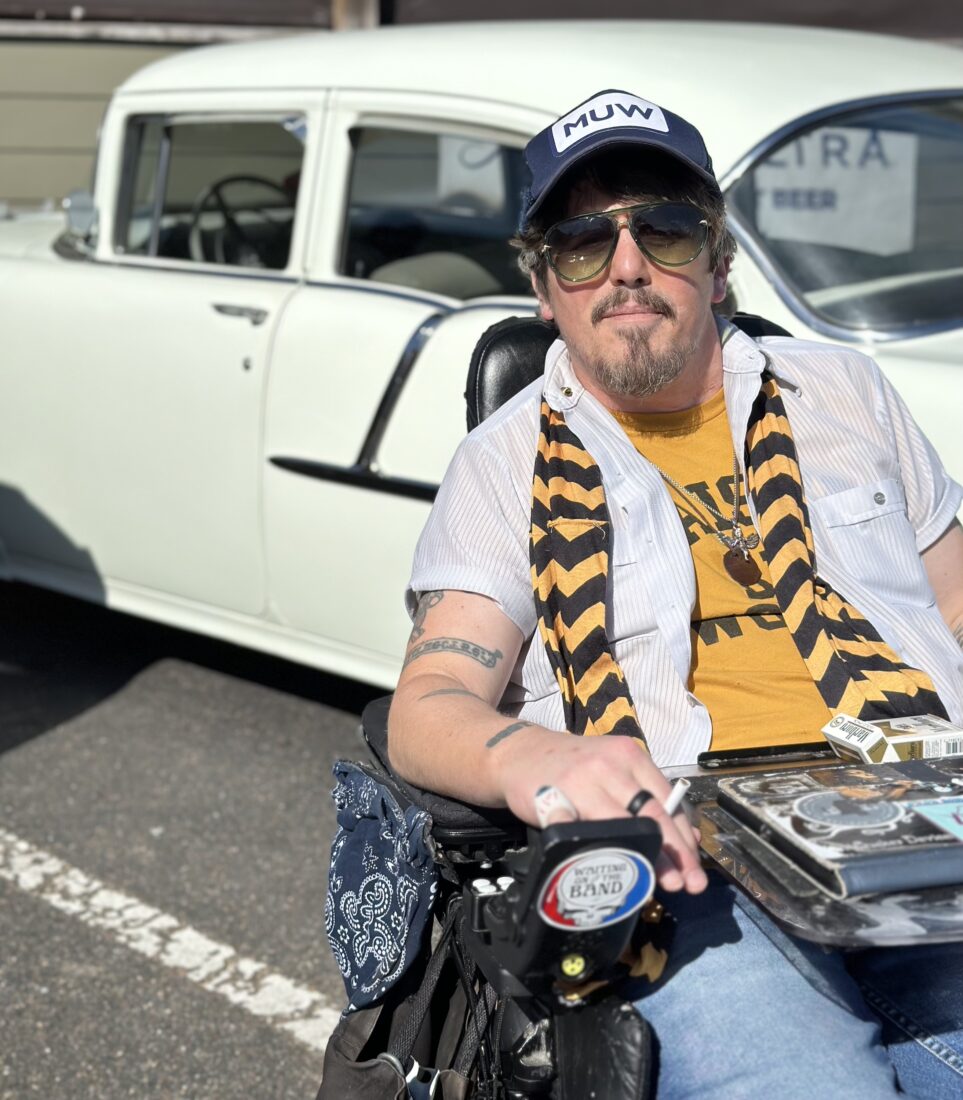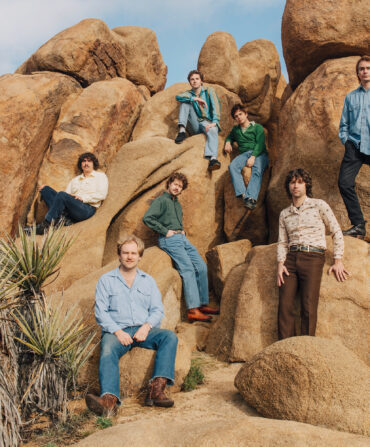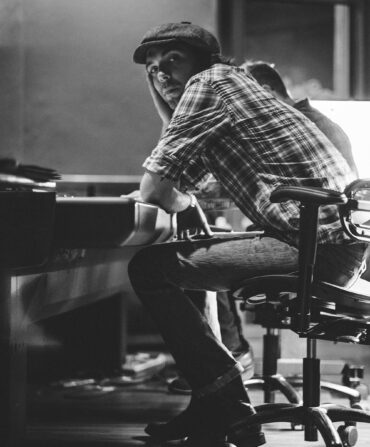Mississippi singer-songwriter Ron Etheridge had been up late writing a new song when he decided to run out for cigarettes and guitar strings on the morning of November 20, 2019. When he woke up a few days later in an ICU, he thought he was dreaming.

It didn’t take long for reality to set in, though. The physicians explained that he’d fallen asleep at the wheel and had a head-on collision with a tractor trailer. He was fortunate to be alive. Then, they explained that a severed spine and a traumatic brain injury had left him paralyzed from the chest down. They said he’d likely never play guitar or piano again.
“I spent my entire life dedicated to music—it was my identity,” says Etheridge, who now uses a wheelchair. “I’ve come to understand how I took it for granted, just like I took all the people around me and every little thing that I loved for granted.”
Etheridge had been working on the follow-up to his 2017 album There Will Be Wolves, which had earned some recognition thanks to songs like the soulful ballad “Blonde and the Blue.” But without the use of his arms and hands, he could no longer compose and perform music. After a year at rock bottom, Etheridge began to see his survival as a miracle of sorts. His determination to make music again, combined with physical therapy that restored some mobility to his right hand, eventually led him to call producer Nick Smith and finish what they had started.
“I got up one day and just needed to get all of this out of me,” he says. Etheridge finished the song he had been writing the night before his car crash—“Good Family,” the title track to his forthcoming album, out in January from Old Trace/Malaco Records—using virtual instruments on a computer to compose the keys, bass, and drum parts. Around the same time, he wrote the album’s first single, “The Call,” in an hour. “Writing music has always been my outlet for pain and heartbreak, so I figured out how to write these songs with the tools that I had.”
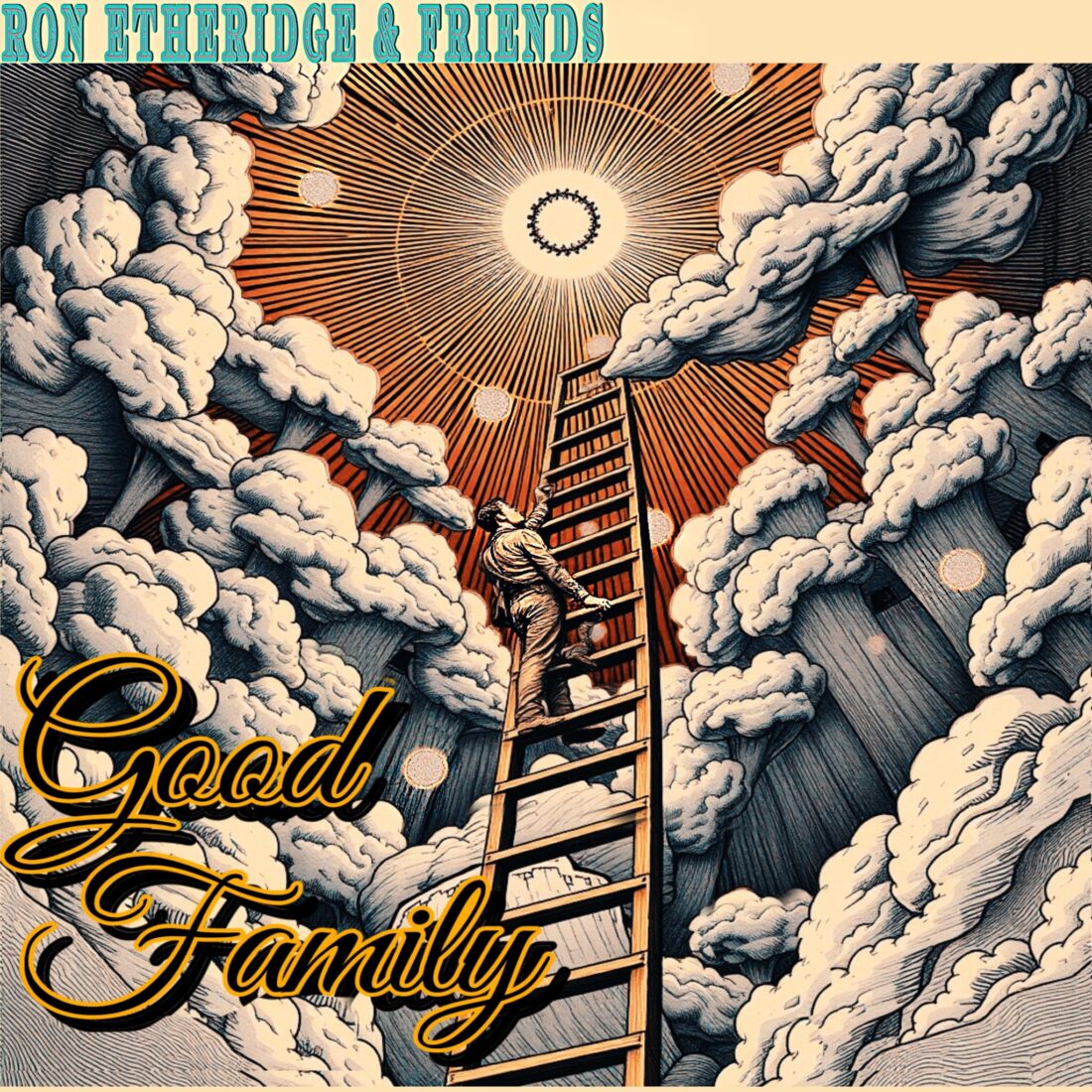
Etheridge, Smith, and a collection of musician friends went back to historic Malaco Studios in Jackson, Missississpi, the home of a soul-blues scene that spawned hits like Jean Knight’s “Mr. Good Stuff” and Dorothy Moore’s “Misty Blue” in the seventies, and where artists like Lucinda Williams and Paul Simon once recorded. Recording sessions turned into reunions with artists like Cary Hudson of Blue Mountain, who trades verses with Etheridge on the reflective ballad “Welcome the Grey.”
Musically, Good Family is an eclectic new peak for Etheridge, pulling from a slate of influences as wide as the Mississippi and endemic to the same region, an Americana where gospel-style rave-ups can exist alongside acoustic guitars and blasting horn sections. The album’s real story, though, lies in Etheridge’s largely autobiographical lyrics and delivery, as he relates his descent into addiction and eventual redemption with a frankness and subtle sense of humor that would make his songwriting heroes like Jason Isbell and John Prine proud. He earned the title of Mississippi Songwriter of the Year for 2024 on the strength of “The Call”—a milestone he first achieved in 2017 after the release of There Will Be Wolves.
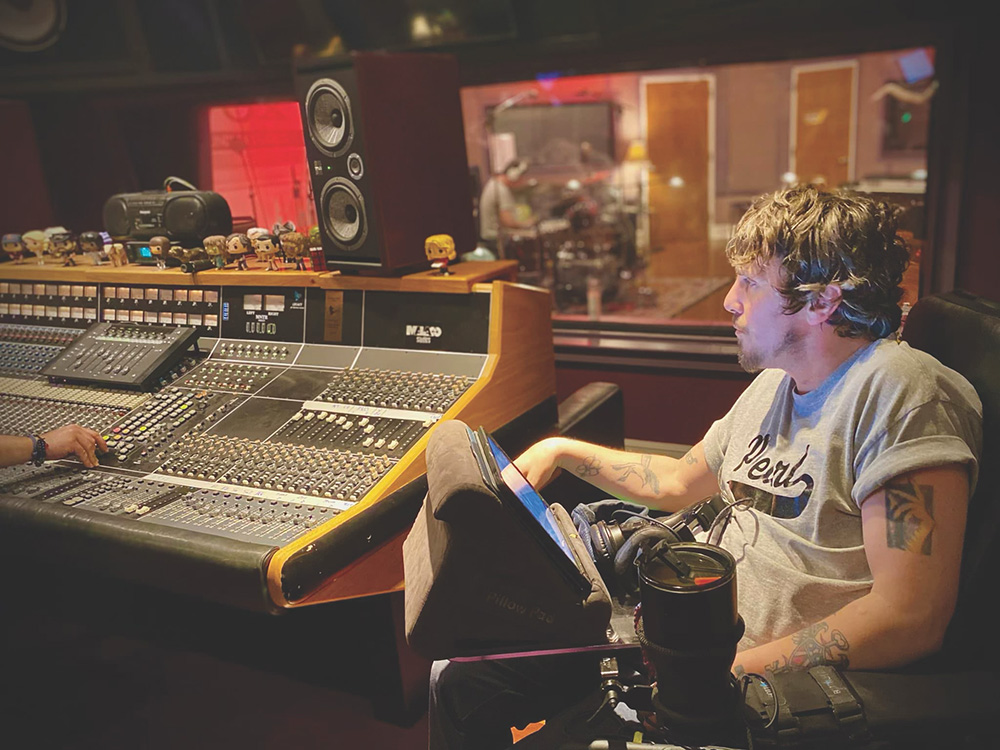
Etheridge, who can now strum a guitar in a horizontal position and fret with a slide, is currently putting together a band and making plans for a full return to the stage in 2025. Meanwhile, music filmmaker J.B. Lawrence is working on a documentary about the artist’s life and recovery, slated for a February release.
Today, Garden & Gun is honored to premiere two songs from Good Family: “Mockingbird,” an original tune backed by acoustic guitar and dobro slide, and a reimagining of the Willie Nelson and Waylon Jennings’s classic “Good Hearted Woman.”
Jim Beaugez writes about music and culture from his native Mississippi. He has contributed to Garden & Gun since 2021 and has also written for the New York Times, Rolling Stone, Smithsonian, Oxford American, and Outside.


